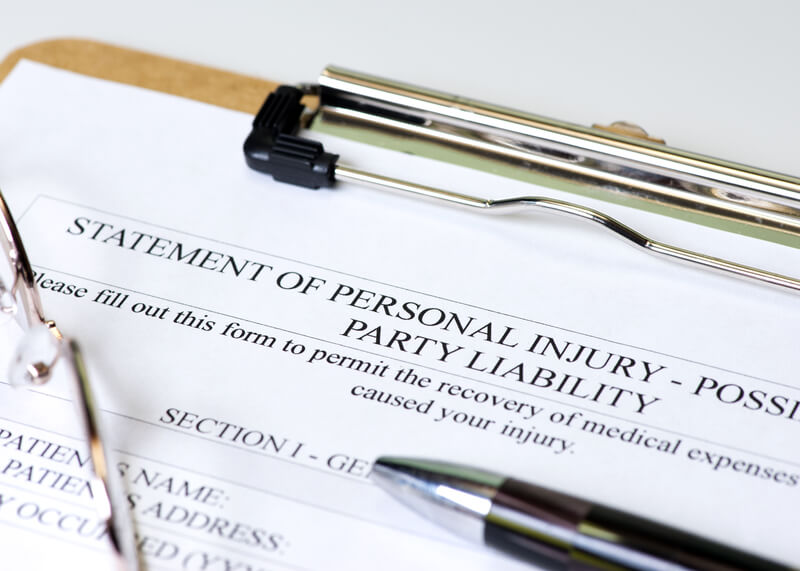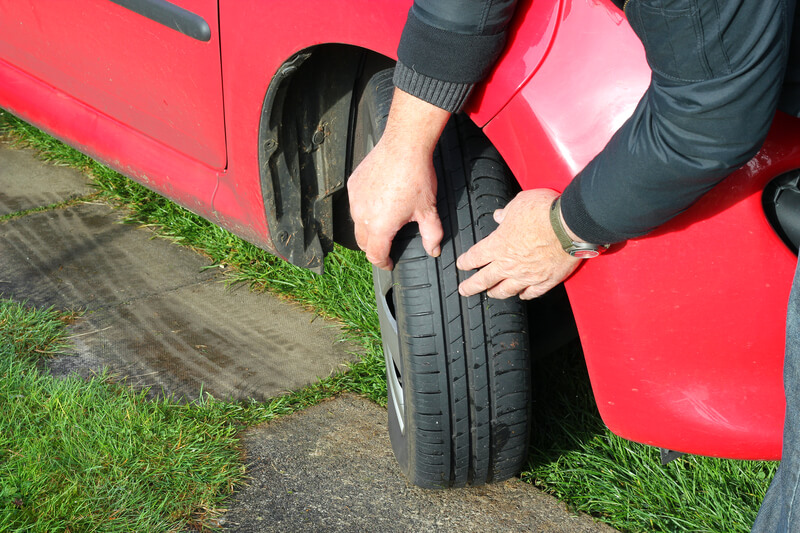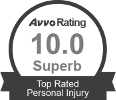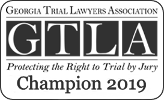It might sting a bit each month to see your auto insurance premium process through your bank account, especially when rates are climbing, or if you’ve just added a teen driver to your policy. But for most folks, that payment also offers some peace of mind.
Car insurance helps protect drivers when they’re at fault in an auto accident, are partly at fault or have a single vehicle crash. It can help cover personal medical or car repair expenses, plus financially protect policyholders from lawsuits from the other drivers involved.
Depending on the insurance policy, car insurance can also protect drivers when they’re not at fault in a crash but have been hit by an uninsured or underinsured driver. Because of Georgia’s low minimum car insurance requirements for bodily injury and property damage, even a minor crash can surpass the maximum payouts, leaving not-at-fault drivers on the hook for their own care and expenses.
So, what are Georgia’s car insurance requirements, and how can uninsured motorist coverage help add a level of protection for Georgia drivers?
What are Georgia’s minimum insurance coverage requirements?
In the state of Georgia, drivers are legally required to carry liability insurance. Liability insurance covers the medical expenses of people hurt in an at-fault accident, as well as property damage from the crash.
Liability insurance is separate from collision insurance, which is an optional protection to cover your own car repairs, regardless of fault.
Not carrying insurance or letting it lapse violates Georgia law and can result in fines, a suspended car registration or even a misdemeanor charge. Additionally, folks who are involved in a crash without the state’s required liability coverage and proof of insurance can face major financial consequences and lawsuits.
Georgia’s auto insurance minimum requirements are quite low, however:
- $25,000 per person and $50,000 per incident in bodily injury liability
- $25,000 per incident in property damage liability
With most new vehicles topping more than $25,000, a single totaled car can quickly surpass minimum limit amounts, as can a trip to the emergency room or imaging and treatment for broken bones and soft tissue injuries.
Car crashes can also result in lost time at work, pain and suffering, and emotional distress, or damage other forms of property, like buildings, city infrastructure or utilities.
What happens when your injuries exceed Georgia’s insurance requirements?
After a crash where you’re not at fault, compensation typically depends on two things:
- The severity of the accident and injuries
- The car insurance coverage available
In personal injury law, it’s frustrating to face cases where the insurance coverage available falls short of the injuries and expenses. In serious crashes, like those involving traumatic brain injuries (TBIs) or amputation, the $25,000 per person bodily injury liability cannot cover medical treatment, pain and suffering, and lifelong care. Even for less serious injuries, the $50,000 per incident bodily liability limits severely caps recovery when multiple vehicles and passengers are involved.
Insurance companies in Georgia are only obligated to meet their policyholder’s coverage limits. Personal injury attorneys can pursue other lines of compensation if they’re available and make a claim directly against the at-fault driver. However, drivers who forgo Georgia car insurance or only carry minimum liability coverage often don’t have other financial resources to recover. A personal injury attorney can help injured drivers determine what makes the most sense financially after evaluating the crash, auto insurance coverage limits and assets of the at-fault driver.
Staying protected with uninsured motorist coverage
While uninsured and underinsured motorist coverage isn’t required in Georgia, it helps protect drivers when the state’s low minimum liability requirements fall short. It’s one of the most important forms of optional protection (though some states require it), and drivers can customize their coverage amounts to their budgets.
Other forms of optional coverage include:
- Medical payment coverage to help pay for your medical bills or those of your passengers
- Collision coverage to help pay for your vehicle repairs
- Rental reimbursement coverage to help pay for your rental car expenses if your car needs work after a crash
- Comprehensive coverage to help protect your vehicle from non-crash-related issues, like weather damage or theft
After a crash, it’s important to get the insurance claims process off to a swift start while staying mindful that the at-fault driver’s insurer does not represent your interests.
After an accident, you’ll want to exchange insurance information with other driver involved and be sure you know how to receive a copy of the police report. Contact your insurance company about the crash but politely limit your interactions with the other driver’s insurer.
All the insurance companies involved will then begin researching the case, reviewing the accident report and medical expenses, talking to witnesses and potentially combing through social media for discrepancies.
If you know you were not at fault, schedule a free consultation with a personal injury attorney to talk through your case and your options. If you choose to work with a personal injury lawyer, your attorney can handle communications with the other driver’s insurance company, send a demand letter, negotiate settlement offers or file suit if the insurance company denies fault for their driver.
Atlanta Personal Injury Lawyers
If you’ve been hurt in a crash that was not your fault, it can be challenging to face injuries that surpass Georgia’s minimum insurance coverage amounts. At Litner + Deganian, we have experience helping clients determine their next steps after a motor vehicle accident. If you need help, contact the personal injury attorneys at our law firm for a free consultation.












